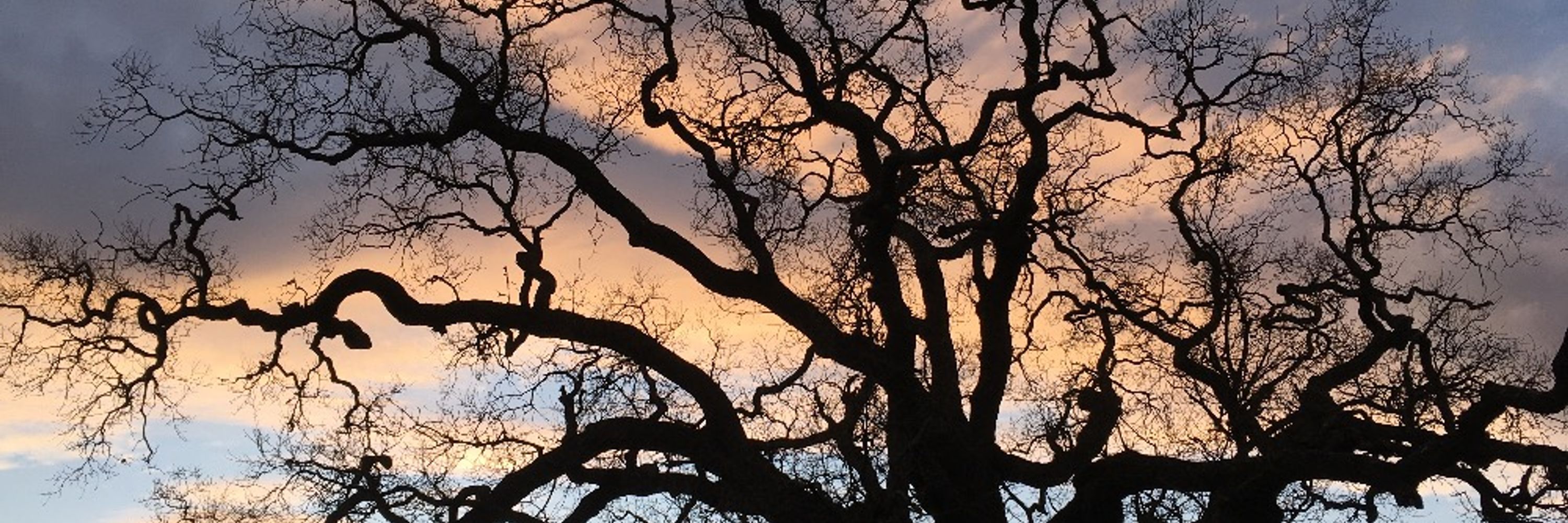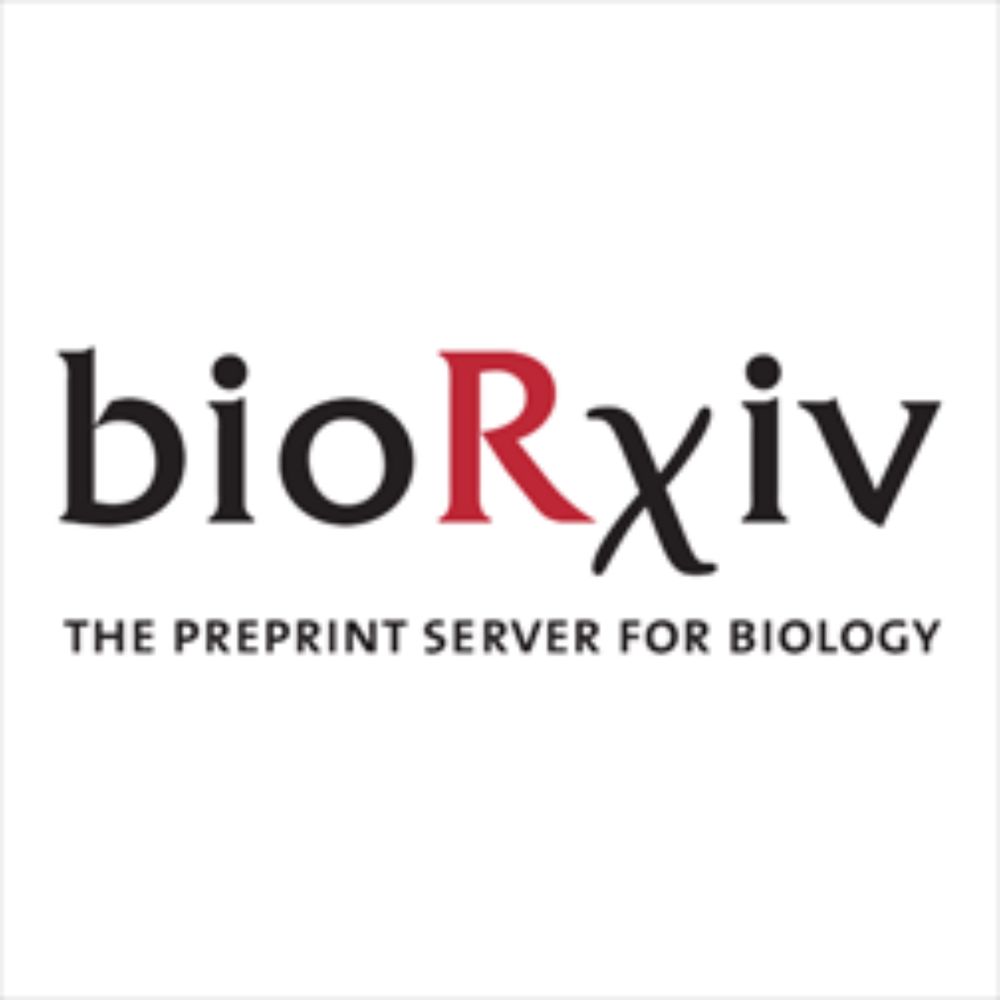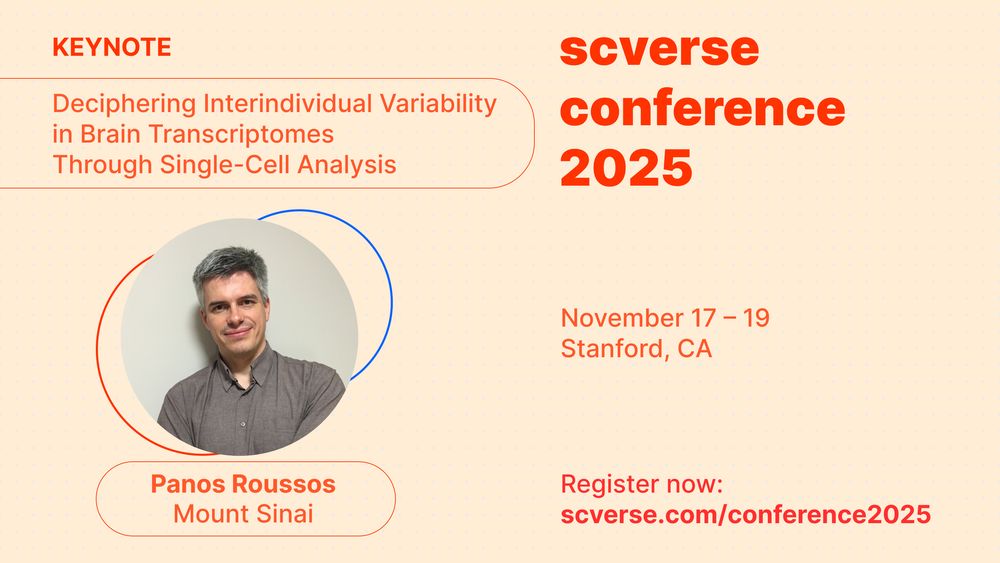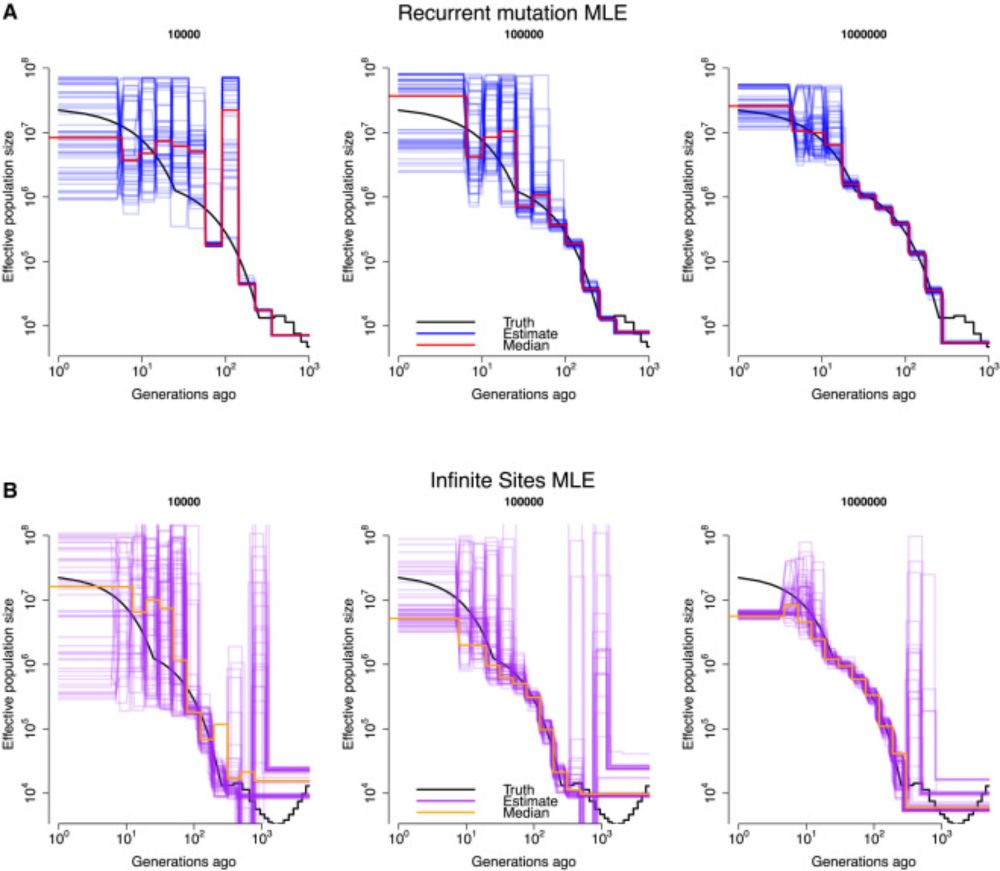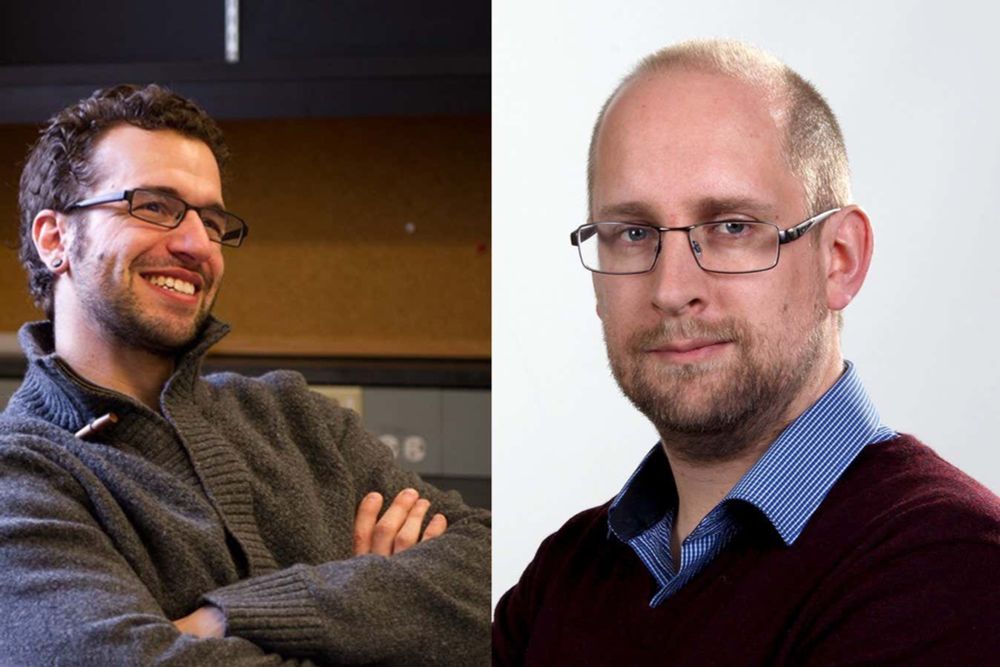Jonathan Pritchard
@jkpritch.bsky.social
7.5K followers
1.1K following
240 posts
My lab at Stanford studies human population genetics and complex traits.
Posts
Media
Videos
Starter Packs
Pinned
Jonathan Pritchard
@jkpritch.bsky.social
· Sep 23
Reposted by Jonathan Pritchard
Jonathan Pritchard
@jkpritch.bsky.social
· Aug 29
Jonathan Pritchard
@jkpritch.bsky.social
· Aug 22
Matthew Aguirre
@aguirre404.bsky.social
· Aug 22
Reposted by Jonathan Pritchard
James Kitchens
@kitchensjn.bsky.social
· Aug 19

tskit_arg_visualizer: interactive plotting of ancestral recombination graphs
Summary: Ancestral recombination graphs (ARGs) are a complete representation of the genetic relationships between recombining lineages and are of central importance in population genetics. Recent brea...
arxiv.org
Reposted by Jonathan Pritchard
Reposted by Jonathan Pritchard
Jonathan Pritchard
@jkpritch.bsky.social
· Aug 13
Reposted by Jonathan Pritchard
Reposted by Jonathan Pritchard
Jeff Spence
@jeffspence.github.io
· Aug 8
Reposted by Jonathan Pritchard
Roshni Patel
@roshnipatel.bsky.social
· Aug 6
Reposted by Jonathan Pritchard
